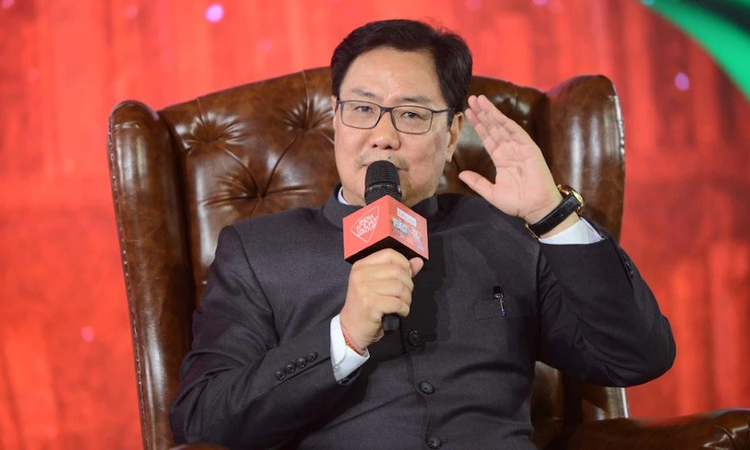No Proposal To Increase Retirement Age Of SC & HC Judges: Law Ministry
Shrutika Pandey
21 July 2022 4:20 PM IST

Next Story
21 July 2022 4:20 PM IST
Union Law Minister Kiren Rijiju has informed the Rajya Sabha on Thursday that there is no proposal to increase the retirement age of Supreme Court and High Court judges. The written reply mentions that the Constitution (114th Amendment) Bill was introduced in 2010 to increase the retirement age of High Court judges to 65. However, this was not considered in Parliament and lapsed with...
